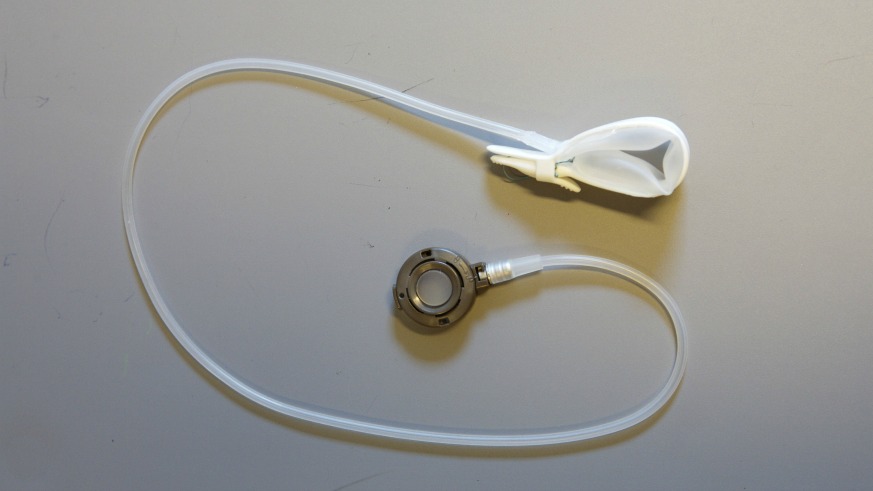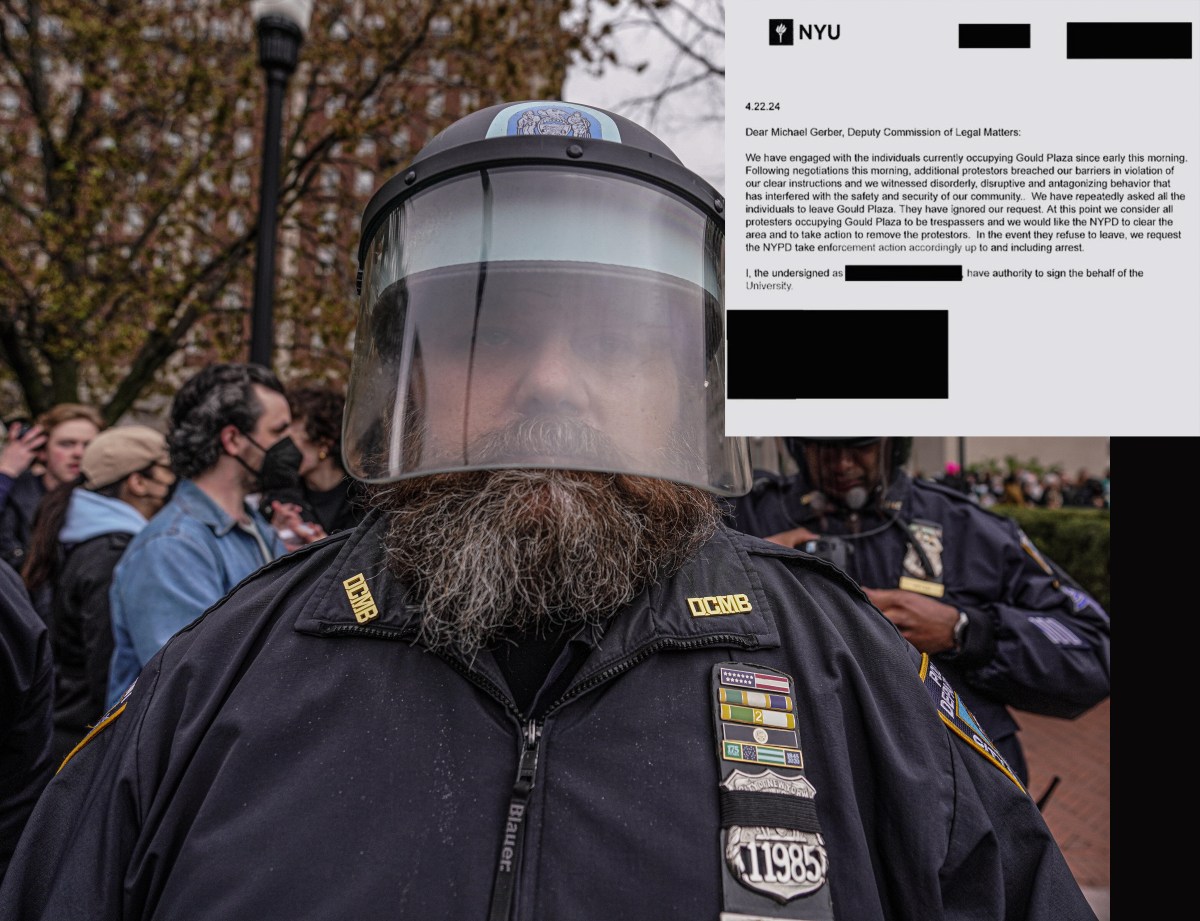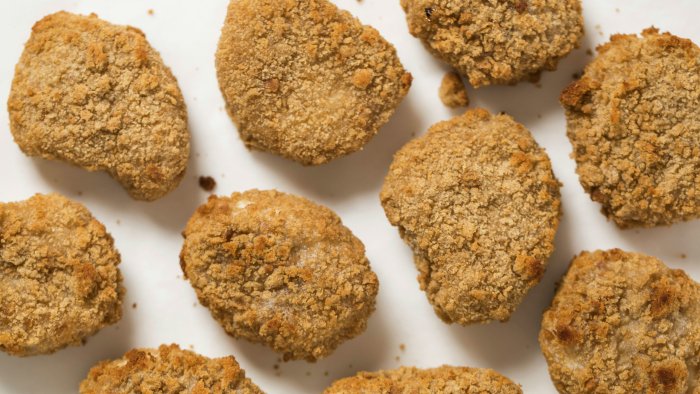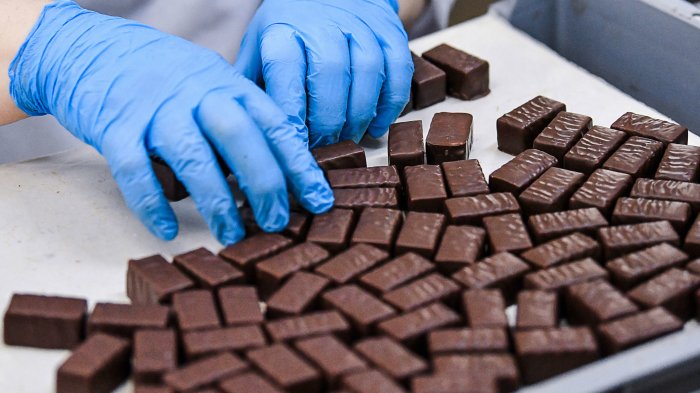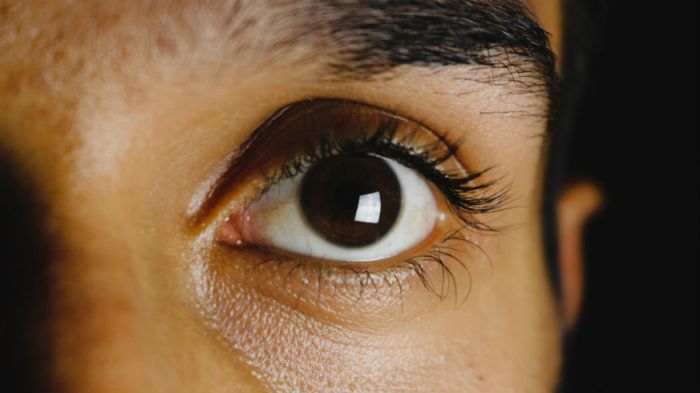Gastric balloons are quickly becoming the go-to option for people who want to lose weight but don’t want surgery. However, it’s not an easy fix — and some patients have experienced dangerous — and even deadly — results.
On Thursday, the U.S. Food and Drug Administration (FDA) issued an alert about the devices after five people died less than a month after the balloons were placed in their stomachs. Four of the deaths were attributed to two manufacturers: the Orbera Intragastric Balloon System, manufactured by Apollo Endo Surgery, and one report involves the ReShape Integrated Dual Balloon System, manufactured by ReShape Medical Inc.
“The Agency has also received two additional reports of deaths in the same time period related to potential complications associated with balloon treatment (one gastric perforation with the Orbera Intragastric Balloon System and one esophageal perforation with the ReShape Integrated Dual Balloon System),” the FDA wrote in a press release.
What is a gastric balloon?
Gastric balloons are billed as an option for people 30 to 100 pounds overweight who don’t want to undergo more invasive surgical options, like a vertical sleeve gastrectomy, gastric bypass or the Lap-Band. Basically, the balloon is there to decrease the amount of food the stomach can hold and help patients feel fuller sooner, leading them to eat less and lose weight.
Placement of a gastric balloon is an outpatient procedure with no sedation — patients simply swallow a pill and doctors then use a micro-catheter to inflate the balloon with gas or saline until it’s about the size of an orange. The balloons are removed after about six months and keeping up with any weight loss is up to the patient, though some doctors provide additional nutrition assistance afterward.
How much weight can you lose with a gastric balloon?
“I have literally been on a diet since I was 13 years old,” gastric balloon patient Virginia Trice told People in 2015 of why she opted to get a balloon placed. “I’ve tried every fad diet out there but I’ve never been able to keep weight off until now.”
She lost 70 pounds and kept it off because the balloon “trained” her to eat less. That’s not common, according to one gastric balloon manufacturer.
“It is important for you to understand that the balloon is a tool to aid weight loss and must be used in conjunction with diet, exercise, and a behavior modification program,” the Orbera company wrote on its website. “The amount of weight you lose and maintain will depend on how closely you follow your diet and adopt long-term lifestyle changes.”
The company said patients who participated in a clinical trial lost over three times the amount of weight of people who only dieted and exercised, with an average loss of 21.8 pounds.
Is the gastric balloon safe?
The FDA is careful to say that they can’t yet directly attribute the patient deaths to their gastric balloons.
“At this time, we do not know the root cause or incidence rate of patient death, nor have we been able to definitively attribute the deaths to the devices or the insertion procedures for these devices (e.g., gastric and esophageal perforation, or intestinal obstruction),” the agency wrote.
“The FDA continues to work with Apollo Endo-Surgery and ReShape Medical Inc. to better understand the issue of unanticipated death, and to monitor the potential complications of acute pancreatitis and spontaneous over-inflation,” they continued.
However, Dr. Shawn Garber, director of the New York Bariatric Group, told People that side effects are minimal for most patients.
“The first few days people have pretty severe nausea and vomiting, and maybe a little bit of abdominal pain from spasms of the stomach,” he told the magazine. “But after three days, most patients are feeling fine.”
Though gastric balloons are FDA-approved, they haven’t been studied for long-term effects, so it’s probably best to skip it if the agency’s advisory scares you.
“Additionally, as part of the ongoing, FDA-mandated post-approval studies for these devices, we will obtain more information to help assess the continued safety and effectiveness of these approved medical devices,” the FDA added.

